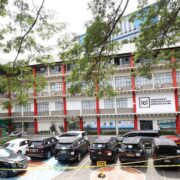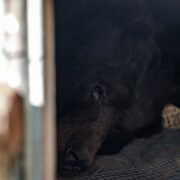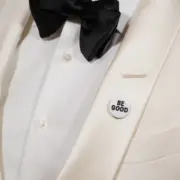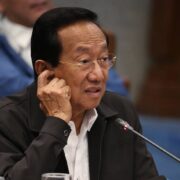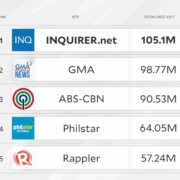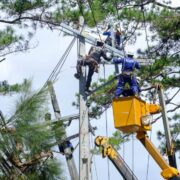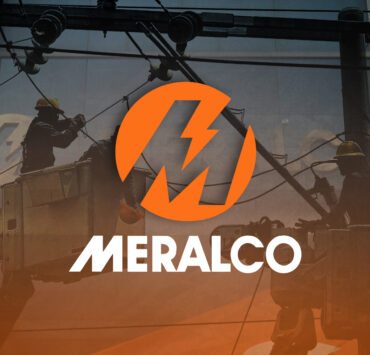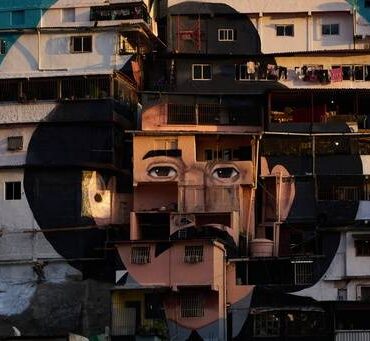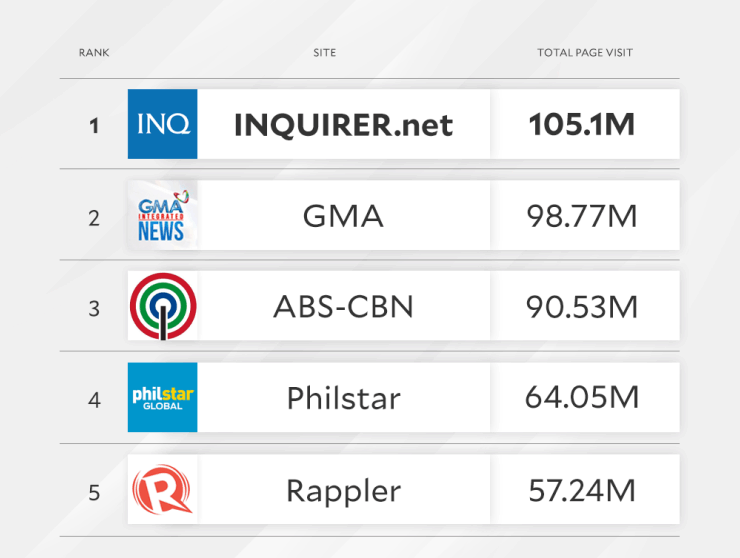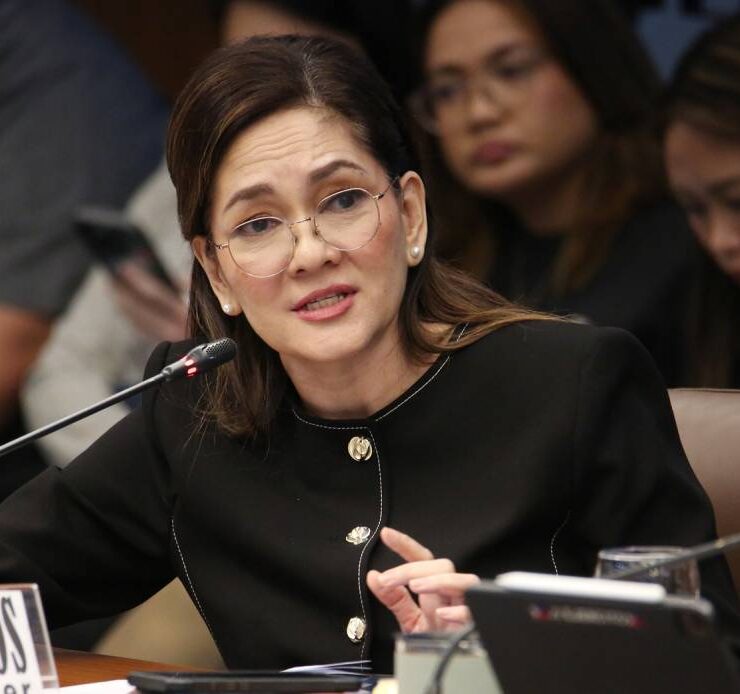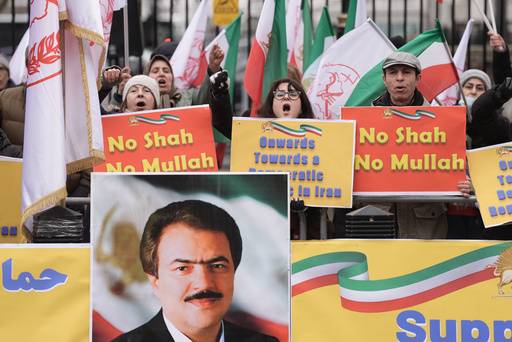Bolivia votes in tight runoff for president
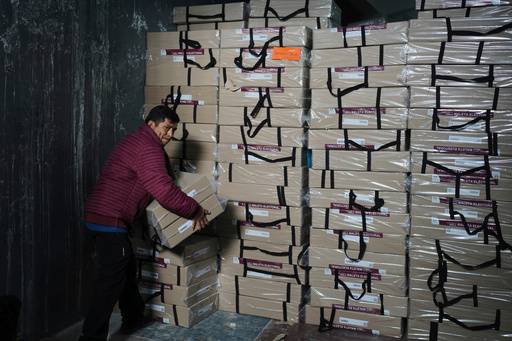
LA PAZ, BOLIVIA—Bolivia is holding a runoff presidential election with the race in a dead heat as voters decide which conservative and capitalist candidate can better address the country’s economic crisis, after almost two decades of rule by the Movement Toward Socialism (MAS) party.
Since 2023, the Andean nation has been crippled by a shortage of US dollars that has locked Bolivians out of their own savings and hampered imports. The value of a boliviano on the black market is half the official exchange rate.
Year-on-year inflation soared to 23 percent last month, the highest rate since 1991. Fuel shortages paralyze the country.
Both right-wing former President Jorge “Tuto” Quiroga and centrist Sen. Rodrigo Paz have billed themselves as candidates of change, vowing to break with the budget-busting populism that dominated Bolivia under the MAS party founded by Evo Morales, a charismatic coca growers’ union leader who became Bolivia’s first Indigenous president in 2006.
Divisions
Riven by internal divisions and battered by public anger over fuel lines, MAS suffered a historic defeat in the Aug. 17 election.
Both Quiroga and Paz vow to end Bolivia’s fixed exchange rate, restructure state-owned companies and attract foreign investment. Among the factors that most distinguish them is how far and fast they propose pushing their reforms.
Voting in the runoff is compulsory in the South American nation, and around 7.9 million Bolivians are eligible to vote.
Quiroga wants to get dollars flowing into Bolivia immediately with a big rescue package from the International Monetary Fund (IMF) and other multilateral lenders.
Spending cuts
That would demand savage cuts in state spending, such as slashing fuel subsidies, shrinking the public payroll and cutting the state out of Bolivia’s gas and mining businesses. His supporters say that’s the change their country needs.
“I think Quiroga is better prepared,” said Mirian Chávez, a 24-year-old architecture student. “The crisis needs to be resolved now.”
Paz favors a more cautious approach. He says he’ll phase out fuel subsidies gradually and provide MAS-style social protections like cash handouts to the poor to cushion the blow.
“I don’t want a neoliberal president who imposes shock measures,” said 27-year-old taxi driver Marcelino Choque.
“Lara and Paz promise to continue providing bonuses to people in need,” Choque said, referring to Paz’s running mate, Edman Lara.
Shunning the IMF—an organization viewed with contempt in Bolivia during the nearly two decades of left-wing rule—Paz promises to scrape together dollars by legalizing Bolivia’s black market and fighting corruption.
Political unknown
“One candidate thinks that the first thing to do is to call the IMF, and the other thinks that we first need to review the internal accounts to see how we are misusing the money,” said Veronica Rocha, a Bolivian political analyst.
Although Paz, the son of former President Jaime Paz Zamora (1989-1993), has spent more than two decades in politics as a lawmaker and mayor, he appeared in this race as a political unknown. The senator rose unexpectedly from the bottom of the polls to a first-place finish in the August vote.



